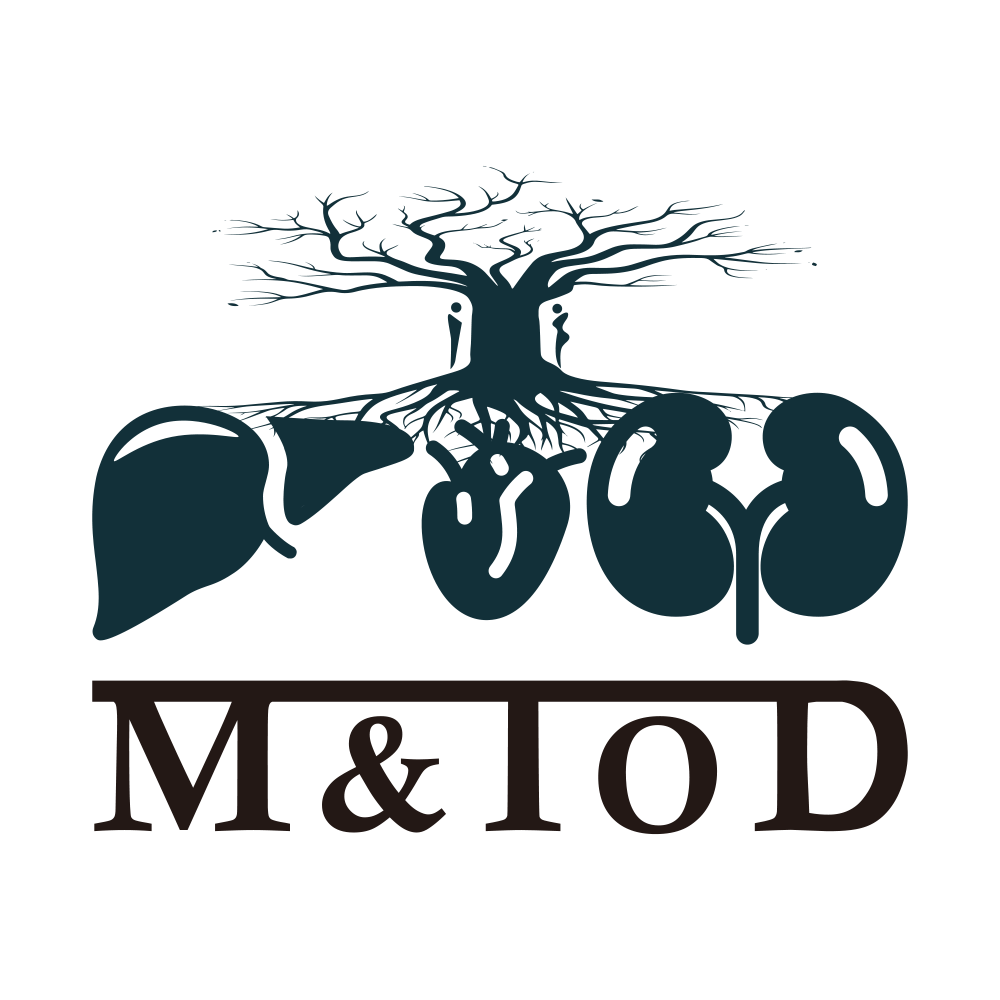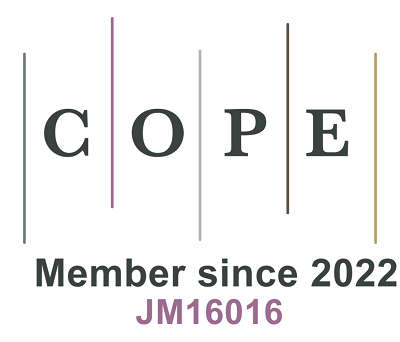
Topic: Progress in Disease-Modifying Therapies for Type 1 Diabetes Mellitus
A Special Topic of Metabolism and Target Organ Damage
ISSN 2769-6375 (Online)
Submission deadline: 30 Sep 2024
Guest Editor
Special Topic Introduction
Type 1 diabetes mellitus (T1D) is an organ-specific autoimmune disease characterized by the progressive immune-mediated destruction of the insulin-secreting pancreatic beta cells, leading to insulin deficiency and to the subsequent lifelong need for exogenous insulin therapy. Despite the recent advances in beta-cell replacement therapies using stem cell-derived insulin-producing beta cells, a definitive biological cure for T1D is still not available. Prevention of immune-mediated destruction of pancreatic beta cells and preservation of residual beta-cell mass and insulin secretory capacity are among the most desirable goals in T1D. Indeed, preservation of residual beta-cell function in T1D has been associated with significant clinical benefits, including improved glucose control, reduced frequency of hypoglycemia, lower glucose variability, reduced daily insulin requirements, and lower frequency of microvascular complications in the long term. Retention of residual beta-cell function has also been associated with temporary insulin independence and restoration of hypoglycemia awareness in T1D patients who previously underwent pancreatic islet allotransplantation for severe hypoglycemia and hypoglycemia unawareness or marked glycemic lability, or who were already committed to chronic immunosuppression in support of a kidney transplant.
In November 2022, the US Food and Drug Administration (FDA) approved the humanized anti-CD3 monoclonal antibody teplizumab as the first-ever T1D disease-modifying agent capable of delaying the onset of stage 3 T1D in adults and children with stage 2 T1D aged 8 years and older. This approval followed the results of an impactful clinical trial that certainly represents a turning point in the T1D cure research, making the delay or prevention of T1D progression a tangible clinical reality.
Given these remarks, there is a great need for therapeutic strategies that can safely and effectively modify the natural history of T1D throughout its sequential stages, particularly in the form of combination therapies targeting different T1D-related immunometabolic dysfunctions. Remarkably, the use of disease-modifying agents can be investigated in each stage of T1D, since several T1D patients exhibit varying degrees of residual endogenous insulin secretion (assessed through measurement of serum C-peptide levels) even decades after diagnosis.
Therefore, the purpose of this Special Issue is to invite Authors to contribute articles discussing the recent progress and future directions in the development and identification of novel and old (repurposed) drugs as disease-modifying agents (immunotherapeutic and beta-cell protective agents) capable of substantially changing the natural history of T1D through distinct mechanisms of action.
The Guest Editor encourages the submission of Original Research Articles, Review Articles and Commentaries addressing the aforementioned topics.
In November 2022, the US Food and Drug Administration (FDA) approved the humanized anti-CD3 monoclonal antibody teplizumab as the first-ever T1D disease-modifying agent capable of delaying the onset of stage 3 T1D in adults and children with stage 2 T1D aged 8 years and older. This approval followed the results of an impactful clinical trial that certainly represents a turning point in the T1D cure research, making the delay or prevention of T1D progression a tangible clinical reality.
Given these remarks, there is a great need for therapeutic strategies that can safely and effectively modify the natural history of T1D throughout its sequential stages, particularly in the form of combination therapies targeting different T1D-related immunometabolic dysfunctions. Remarkably, the use of disease-modifying agents can be investigated in each stage of T1D, since several T1D patients exhibit varying degrees of residual endogenous insulin secretion (assessed through measurement of serum C-peptide levels) even decades after diagnosis.
Therefore, the purpose of this Special Issue is to invite Authors to contribute articles discussing the recent progress and future directions in the development and identification of novel and old (repurposed) drugs as disease-modifying agents (immunotherapeutic and beta-cell protective agents) capable of substantially changing the natural history of T1D through distinct mechanisms of action.
The Guest Editor encourages the submission of Original Research Articles, Review Articles and Commentaries addressing the aforementioned topics.
Keywords
Type 1 diabetes mellitus, Beta-cell function, C-peptide, Disease-modifying agents, Immunotherapy, Beta-cell protective agents, Insulin deficiency, Insulin, Novel drugs, Drug repositioning, Drug repurposing, Combination therapy
Submission Deadline
30 Sep 2024
Submission Information
For Author Instructions, please refer to https://www.oaepublish.com/mtod/author_instructions
For Online Submission, please login at https://www.oaecenter.com/login?JournalId=mtod&IssueId=mtod2409301829
Submission Deadline: 30 Sep 2024
Contacts: Jennifer Lee, Assistant Editor, [email protected]










